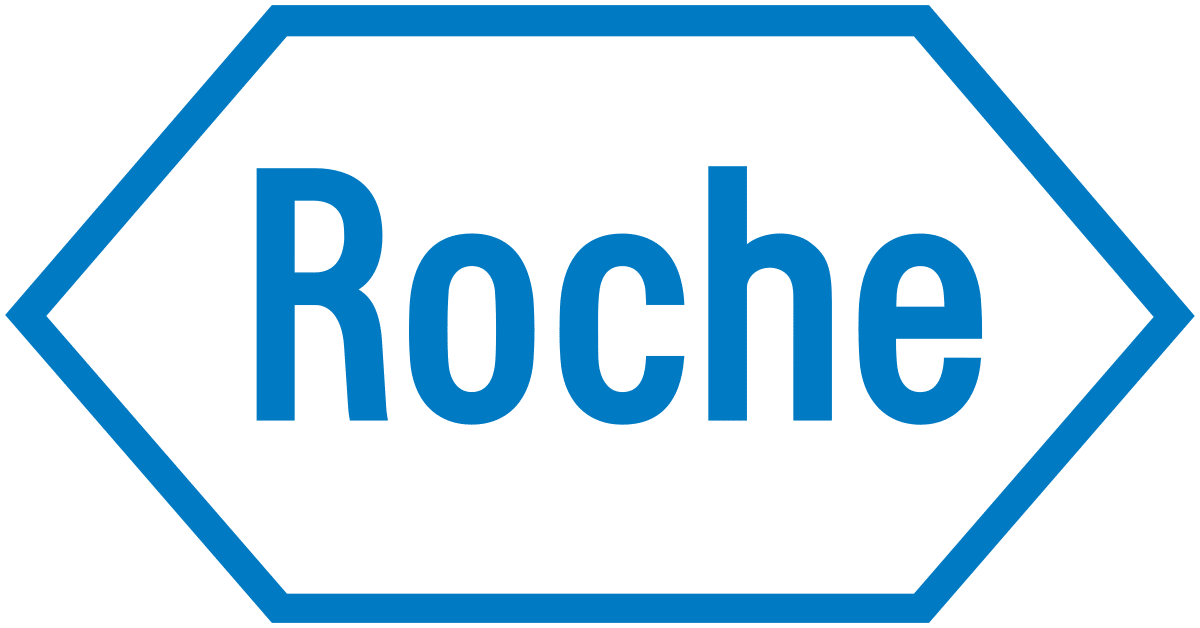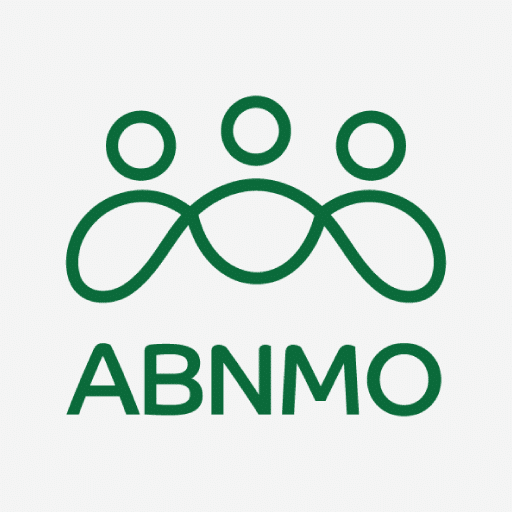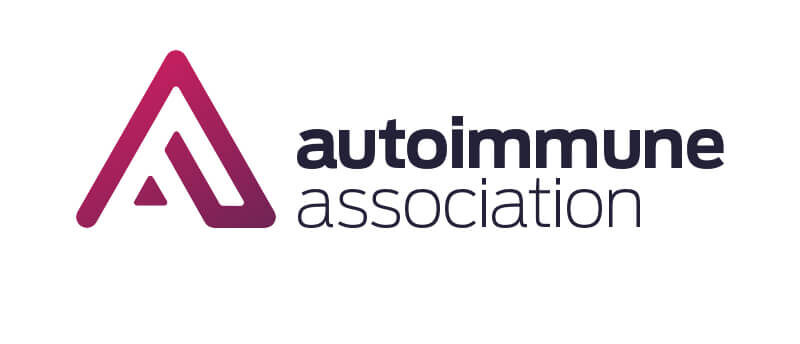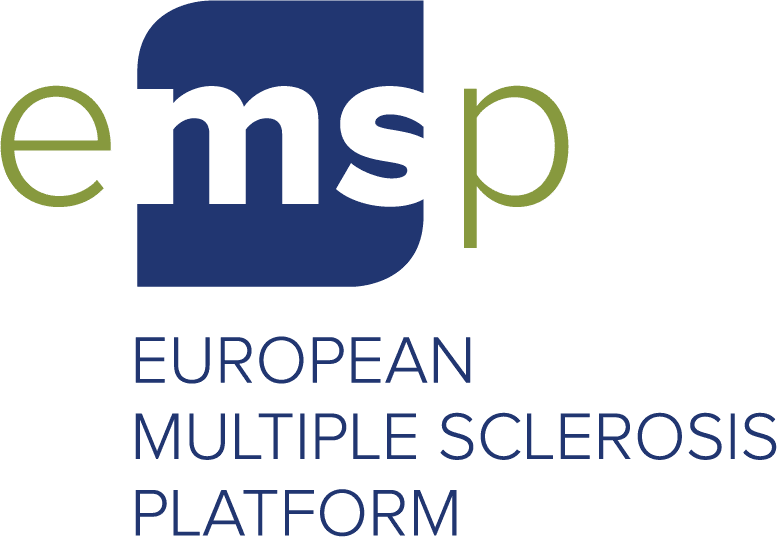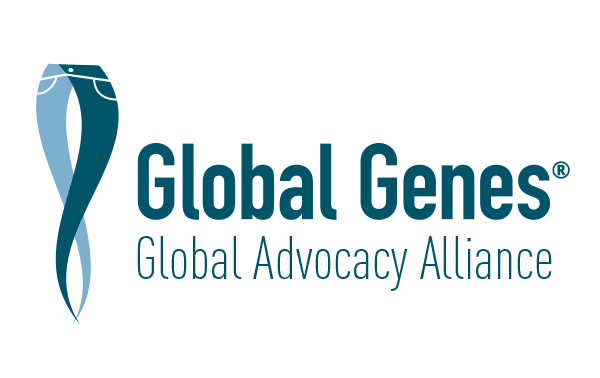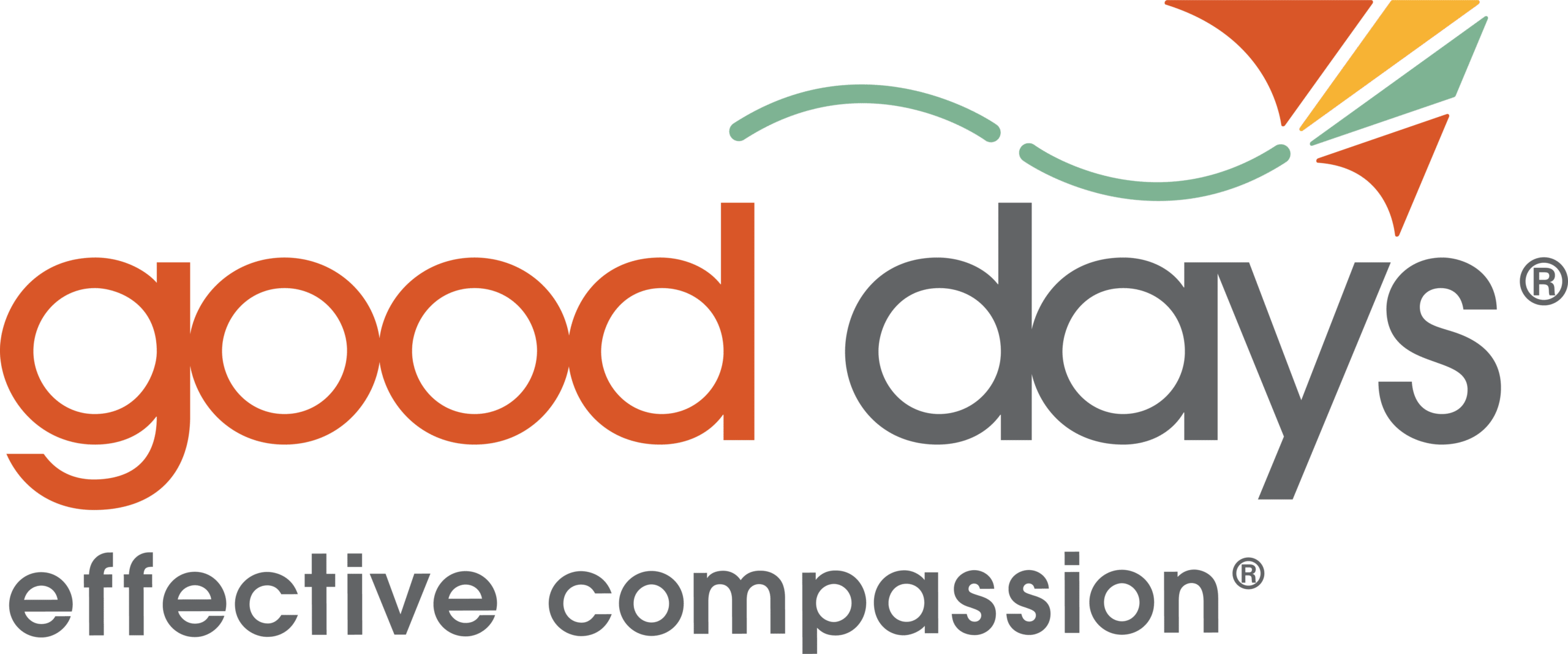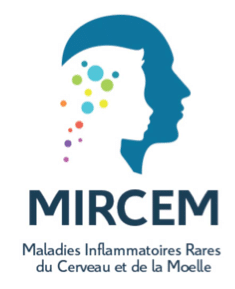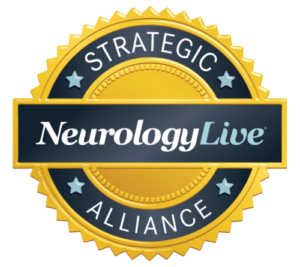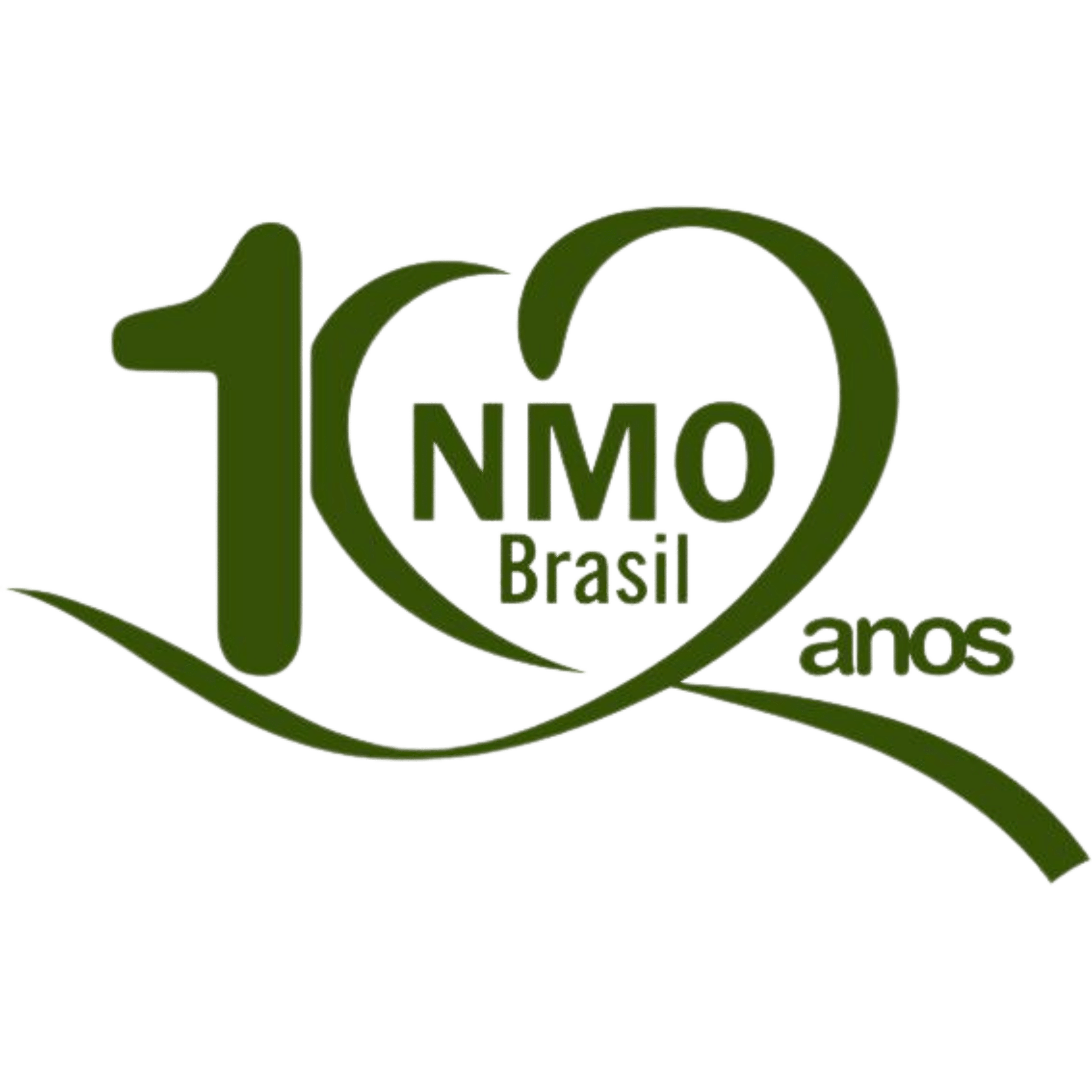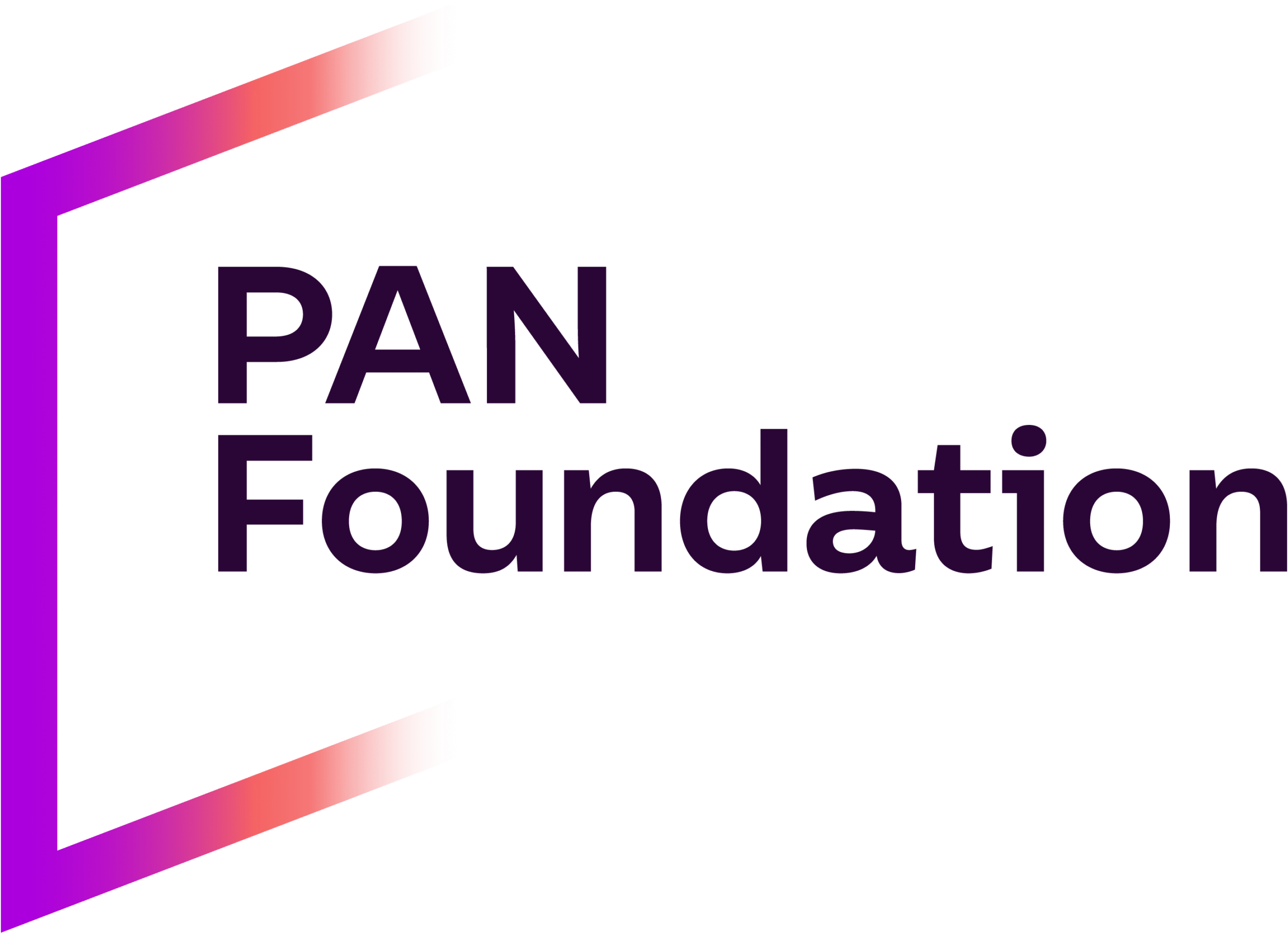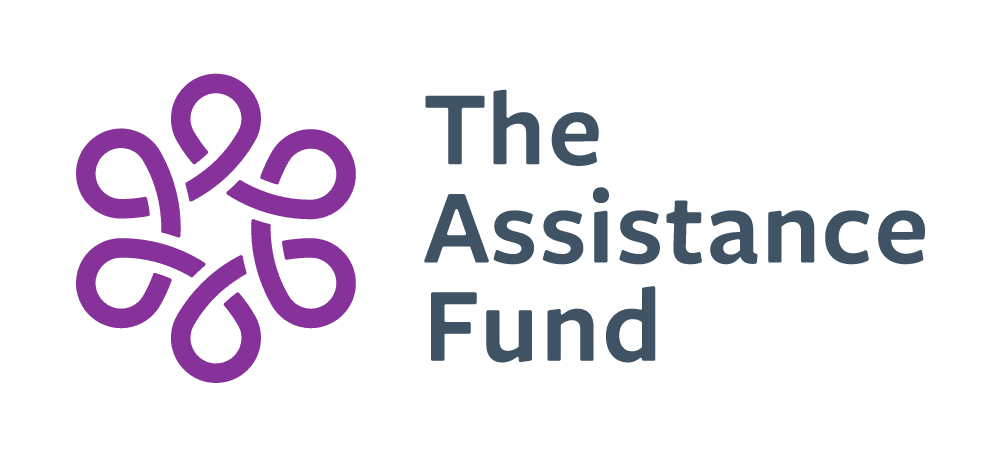Home » Research Summaries » Search Results
Archives: Research Summaries
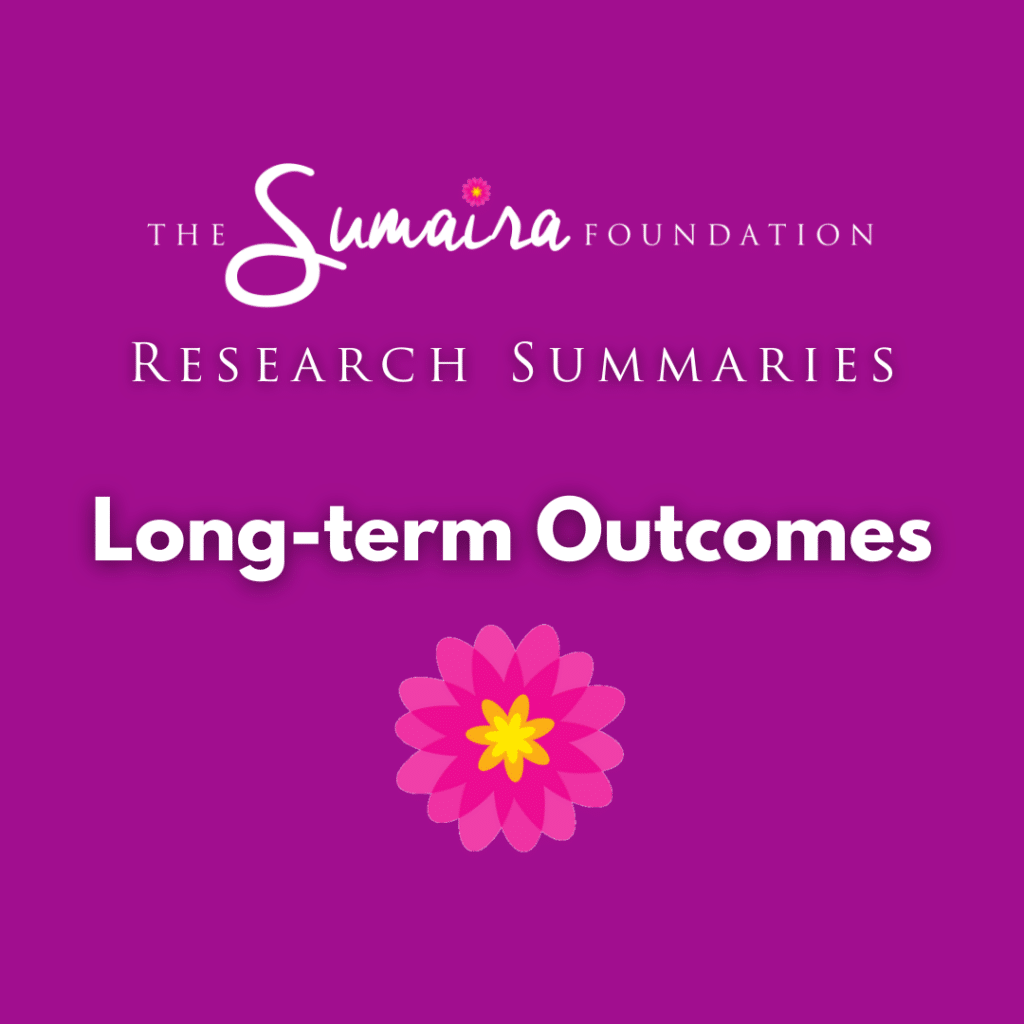
Journal: Journal of Neurological Sciences; March 1, 2024
Author(s): Negar Molazadeh, Philippe A. Bilodeau, Rebecca Salky, Gauruv Bose, Itay Lotan, Gabriela Romanow, Monique R. Anderson, Marcelo Matiello, Tanuja Chitnis, Michael Levy
What predicts a relapsing disease course after the first demyelination event in MOGAD patients?
MOGAD may manifest as a one-time occurrence of demyelination (monophasic) or as multiple episodes (relapsing) over time. This study followed 124 MOGAD patients (77 female) for a median duration of 4.8 years to determine what factors could predict whether patients would have relapses based on the first occurrence. During the follow-up time, 50 of the patients (40.3%) remained monophasic and 74 (59.7%) developed a relapsing course. The average time between the first episode and the second episode was 3 months. Relapsing disease was less likely if maintenance therapy with intravenous immunoglobulin, rituximab, and mycophenolate mofetil was initiated after the first attack. If the first attack itself involved multiple demyelination events, a relapsing course was more likely.
Free Access: Patient access via email
read the abstract
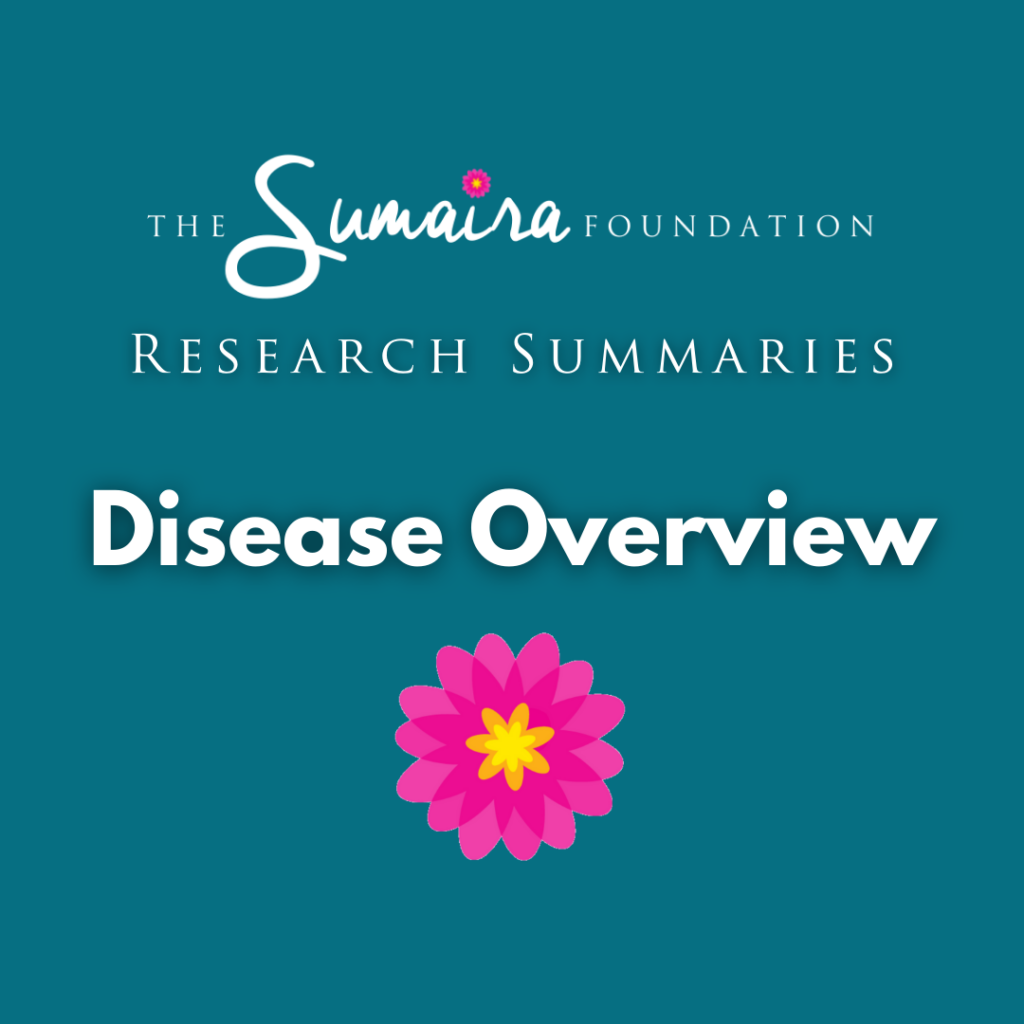
Journal: Journal of Neurology; May 8, 2023
Author(s): Abdullah Al-Ani, John J Chen, Fiona Costello
MOGAD: Current understanding and challenges
MOGAD accounts for more cases of demyelinating conditions in children (30% than it does in adults (5%). New diagnostic criteria for MOGAD have recently been proposed, which highlight the following as key symptoms of MOGAD: optic nerve or spinal cord inflammation, widespread brain inflammation [acute disseminated encephalomyelitis (ADEM)], specific deficits in one or more location in the bran, issues with the brainstem or cerebellum, and brain inflammation-triggered seizures as the main defining features of this disease. Despite these diagnostic criteria, diagnosing MOGAD may be challenging because the disease overlaps with MS and NMOSD in many aspects of manifestation. This study outlines what currently available evidence shows about MOGAD and the challenges associated with diagnosing it and distinguishing it from MS and NMOSD. This review could help clinicians determine what specific features to pay attention to, when to perform MOG-antibody tests, and how to interpret these antibody tests in tandem with clinical features when diagnosing MOGAD.
Free Access: Full text
read the full text
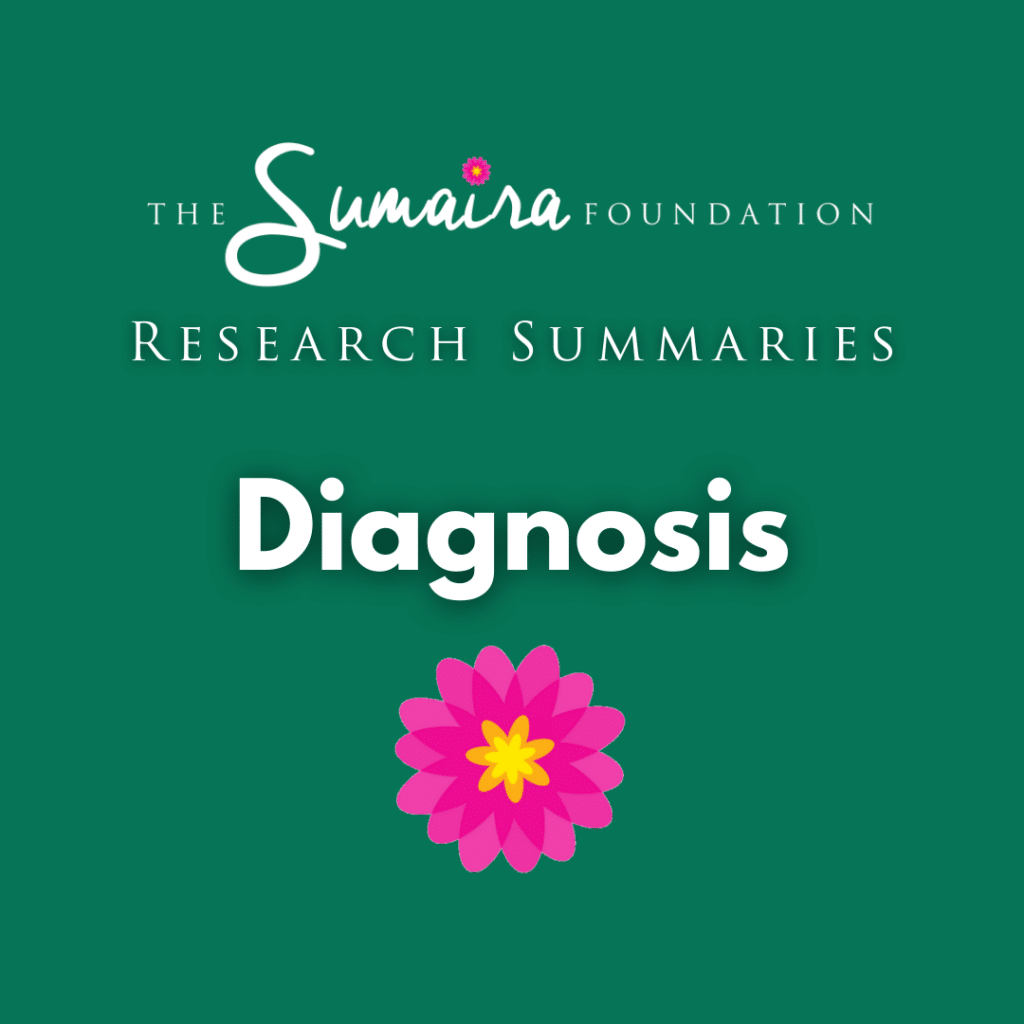
Journal: Multiple Sclerosis and Related Disorders; January 11, 2021
Author(s): Alexandre Lampros, Thomas De Broucker, Mickael Bonnan
Could fever be a sign of MOGAD?
In many cases of MOGAD, fever is an initial symptom which is often ignored. This study presents a case of MOGAD that started with symptoms of prolonged fever and meningitis ((inflammation of the brain and spinal cord coverings). The researchers also studied 146 previously published cases of MOGAD and found that about 39% of them involved fever, which lasted more than 1 week in 74% of these cases. Clinicians should pay attention to symptoms of fever when diagnosing MOGAD.
Free Access: Abstract only
read the abstract

Journal: Annals of Neurology; September 1, 2022
Author(s): Frederike Cosima Oertel, Elias S Sotirchos, Hanna G Zimmermann, Seyedamirhosein Motamedi, Svenja Specovius, Eva Susanna Asseyer, Claudia Chien, Lawrence Cook, Eleni Vasileiou, Angeliki Filippatou, Peter A Calabresi, Shiv Saidha, Lekha Pandit, Anitha D'Cunha, Olivier Outteryck, Hélène Zéphir, Sean Pittock, Eoin P Flanagan, M Tariq Bhatti, Paulus S Rommer, Gabriel Bsteh, Tobias Zrzavy, Tania Kuempfel, Orhan Aktas, Marius Ringelstein, Philipp Albrecht, Ilya Ayzenberg, Thivya Pakeerathan, Benjamin Knier, Lilian Aly, Nasrin Asgari, Kerstin Soelberg, Romain Marignier, Caroline Froment Tilikete, Alvaro Cobo Calvo, Pablo Villoslada, Bernardo Sanchez-Dalmau, Elena H Martinez-Lapiscina, Sara Llufriu, Ari J Green, Michael R Yeaman, Terry J Smith, Alexander U Brandt, John Chen, Friedemann Paul, Joachim Havla; with the GJCF International Clinical Consortium for NMOSD and the CROCTINO study group
Evaluation of long-term damage to the retina in MOGAD patients
MOGAD patients suffer severe optic neuritis, which can lead to damage to the nerve fibers in the retina. In this study, researchers assessed whether retinal damage continues accruing even without active relapses, by using a technique called optical coherence tomography (OCT). They found that new instances of retinal damage are unlikely to occur without an active MOGAD optic neuritis relapse, but the effects of the damage caused by any episode can continue for up to 1 year.
Free Access: Full text
read the full text
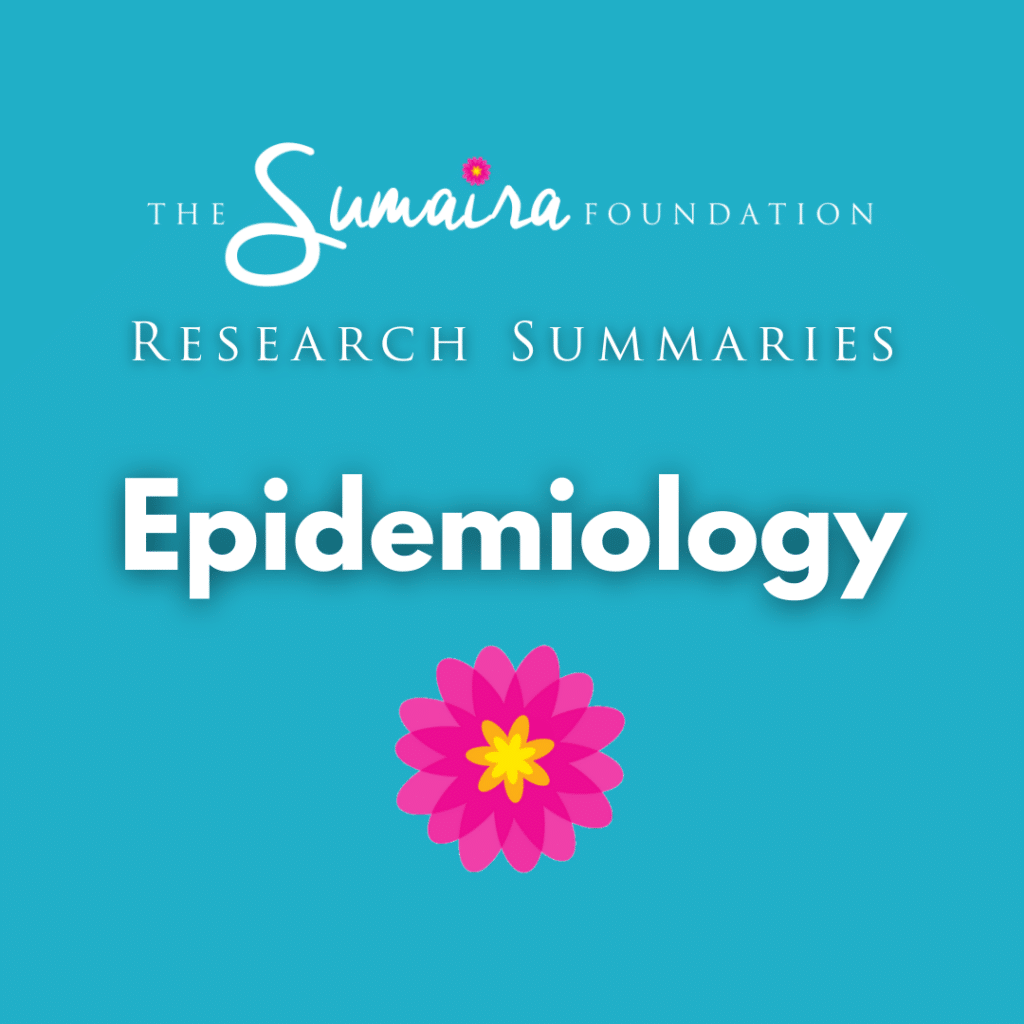
Journal: Frontiers in Neurology; September 15, 2023
Author(s): Jyh Yung Hor, Kazuo Fujihara
How common is MOGAD worldwide?
This study evaluated prior medical literature to determine how commonly MOGAD occurs and how widespread it is worldwide. The average age of disease development is approximately 30 years, and male and female sexes seem to have equal changes of being affected. Approximately 30% cases involve children. The prevalence of MOGAD (how many people are affected) is approximately 1.3–2.5/100,000, and the annual incidence (how often it occurs per year) is approximately 3.4–4.8 per million. Among white people, MOGAD appears to be slightly more prevalent than NMOSD with aquaporin-4 antibodies (AQP4+ NMOSD). Co-existing autoimmune disorders are less common in MOGAD than in AQP4+ NMOSD.
Free Access: Full text
read the full text

Journal: Neurology Neuroimmunology & Neuroinflammation; November 17, 2023
Author(s): Mirasol Forcadela, Chiara Rocchi, Daniel San Martin, Emily L Gibbons, Daniel Wells, Mark R Woodhall, Patrick J Waters, Saif Huda, Shahd Hamid
Accurate diagnosis of MOGAD relies on the timing of antibody tests
Diagnostic criteria for MOGAD have been recently published. This study aimed to validate these criteria in a real-world group of patients with atypical inflammation of the central nervous system. The authors evaluated clinical records of 408 patients with atypical signs of a demyelinating syndrome, who had been to the National NMOSD specialized service at The Walton Center NHS Foundation Trust between 2012 and 2023. They systematically applied the 2023 MOGAD diagnostic criteria and previous 2018 International Diagnostic Recommendations for MOG encephalomyelitis to these clinical records. They found that the 2023 MOGAD diagnostic criteria were an improvement on the 2018 recommendations, were highly sensitive and specific, and could accurately diagnose MOGAD in 97% patients. Timing of testing is important to support the diagnosis of MOGAD.
Free Access: Full text
read the full text
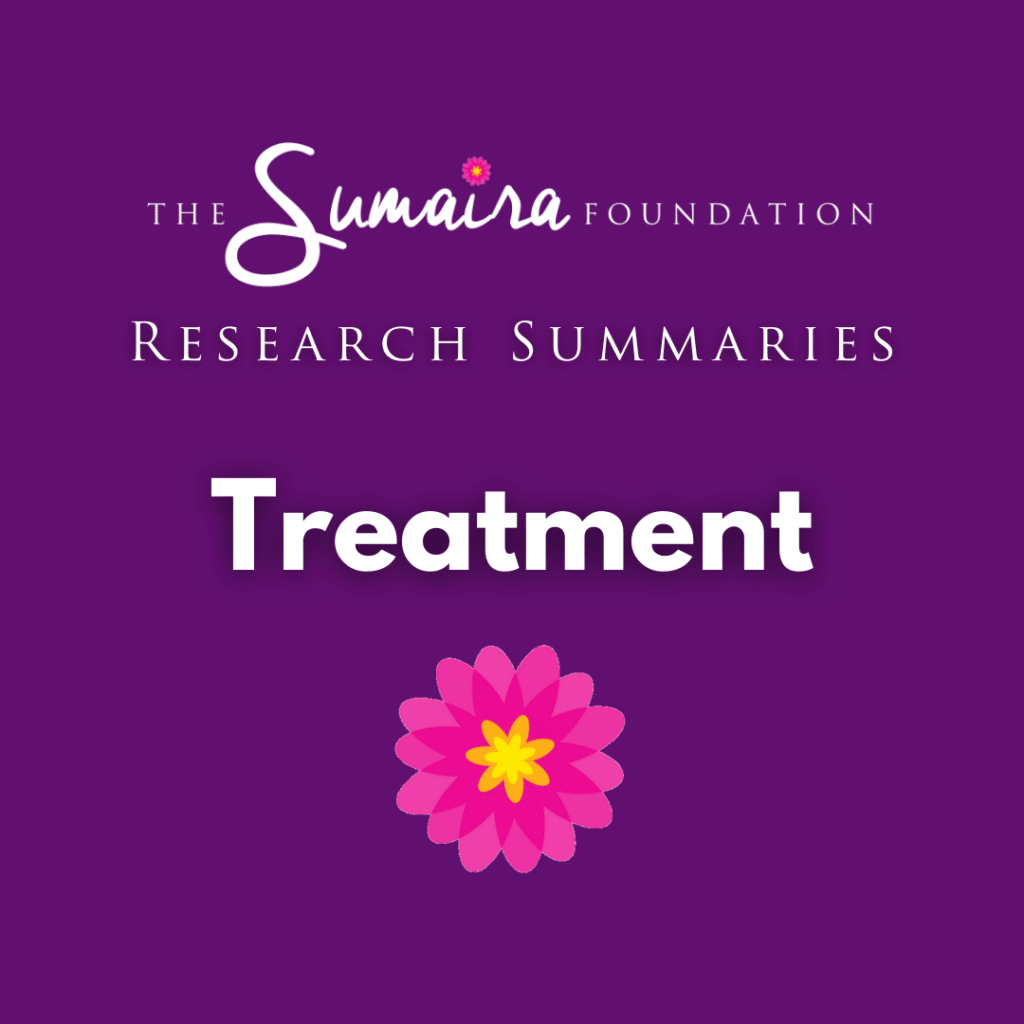
Journal: Neurology Neuroimmunology & Neuroinflammation; March 26, 2021
Author(s): Romain Marignier, Jeffrey L. Bennett, Ho Jin Kim, Brian G. Weinshenker, Sean J. Pittock, Dean Wingerchuk, Kazuko Fujihara, Friedemann Paul, Gary R. Cutter, Ari J. Green, Orhan Aktas, Hans-Peter Hartung, Fred D. Lublin, Ian M. Williams, Jorn Drappa, Dewei She, Daniel Cimbora, William Rees, Michael Smith, John N. Ratchford, Eliezer Katz, Bruce A.C. Cree
Clinical trial paper on the effect of inebilizumab on disability outcomes in NMOSD
This study (part of the N-MOmentum clinical trial) aimed to assess the effects of inebilizumab on the worsening of patients’ disability scores as measured by two scales — the Expanded Disability Status Scale (EDSS) and the modified Rankin Scale (mRS). The results showed that compared to placebo, inebilizumab reduced the risk of disability worsening over 3 months.
Free Access: Full text
read the full text

Journal: CNS Drugs; September 7, 2022
Author(s): Tina Nie & Hannah A. Blair
A review of inebilizumab treatment in NMOSD
Inebilizumab is approved for use as an intravenous infusion for treatment of adult NMOSD patients who test positive for AQP4 antibodies. Clinical trials found inebilizumab more effective than placebo at preventing NMOSD relapses. It also prevented worsening of disability scores and decreased the number of NMOSD-related hospitalizations and MRI lesions. However, it did not significantly improve low-contrast binocular vision. The clinical benefit of inebilizumab was maintained long-term (≥ 4 years in the open-label extension of the clinical trial). Inebilizumab was generally well tolerated, with most adverse events being mild to moderate in severity. The most common adverse events were urinary tract infection and joint pain. Inebilizumab provides an effective option for preventing NMOSD attacks in adults who are aquaporin-4 (AQP4)-antibody seropositive.
Free Access: Full-text + plain-language summary
read the full text

Journal: Multiple Sclerosis and Related Disorders; August 26, 2021
Author(s): Eoin P. Flanagan a, Michael Levy b, Eliezer Katz c, Daniel Cimbora c, Jorn Drappa c, Maureen A. Mealy c, Dewei She c, Bruce A.C. Cree
Effects of inebilizumab treatment in NMOSD patients who have previously been on rituximab
This study used data from the inebilizumab clinical trials (N-MOmentum trial) to assess whether the results achieved with this drug vary in any way for patients who have previously been on rituximab treatment. The results showed that inebilizumab had a comparable safety profile in participants with or without prior rituximab use and that patients with prior rituximab treatment did not have an increased risk of developing serious infections. Thus, inebilizumab may be a suitable treatment choice for individuals with neuromyelitis optica spectrum disorder who were previously treated with rituximab.
Free Access: Full text
read the full text

Journal: Multiple Sclerosis Journal; October 1, 2021
Author(s): Mary Rensel, Aram Zabeti, Maureen A Mealy, Daniel Cimbora, Dewei She, Jorn Drappa, Eliezer Katz
Long-term efficacy and safety of inebilizumab in AQP4-positive NMOSD patients over at least 4 years
In this study, data from the inebilizumab clinical trials (N-MOmentum trial) was used to assess the outcomes for patients who had been receiving inebilizumbab for at least 4 years. The results continue to support use of inebilizumab for the treatment of NMOSD. The findings suggest that the efficacy of inebilizumab may be enhanced after the first year of treatment, and its effects should be studied over longer periods.
Free Access: Full text
read the full text













